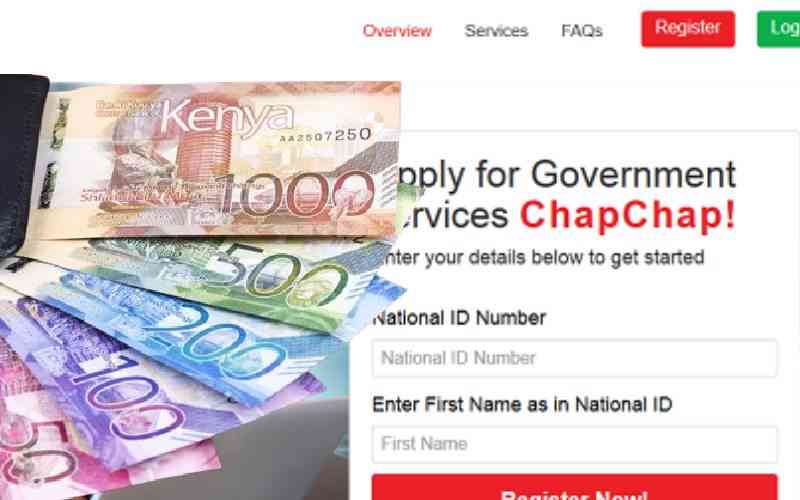×
The Standard e-Paper
Fearless, Trusted News

Parents have now want the government to issue clear guidelines on how they will use e-citizen to pay school fees.
The National Parents Association wants public participation to be done to sensitize teachers on the workings of the new fee payment plan.